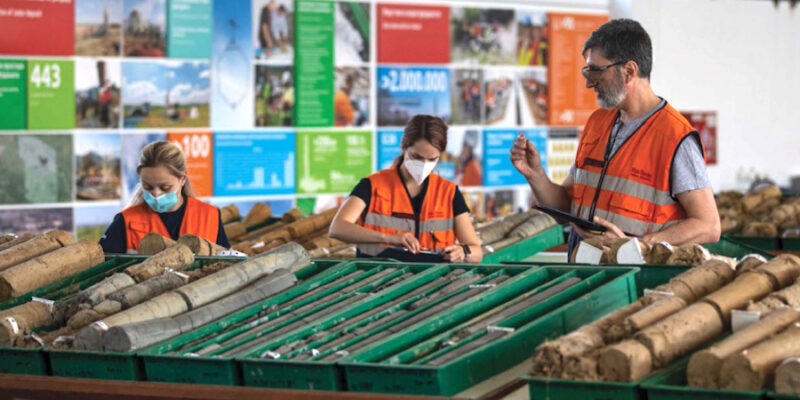
Rio Tinto has announced the initial mineral resources and ore reserves for its Salar del Rincon lithium brine deposits in Argentina.
The initial resource estimates for the site include 1.54 million tonnes of lithium carbonate equivalent (LCE) in measured resources, 7.85 million tonnes LCE in indicated resources, and 2.29 million tonnes LCE in inferred resources. Additionally, the ore reserves consist of 2.07 million tonnes LCE in probable ore reserves.
Rio Tinto owns 100% of the Rincon project, which is located in the Salta province of northern Argentina. The project will involve brine extraction from a production wellfield, with lithium brine processed at an on-site facility.
The development will also include waste management facilities and the infrastructure required for full-scale production.
According to Rio Tinto, the feasibility study estimates that the full-scale operation will produce approximately 53,000 tonnes per year of battery-grade lithium carbonate over a 40-year lifespan.
The company also plans to expand production capacity to 60,000 tonnes per year through future improvements and debottlenecking, subject to necessary permits.
The Rincon 3000 starter plant is scheduled for completion in the first half of 2025, laying the foundation for future expansion.
With its large resource base and long lifespan, the Rincon project is expected to be one of the lowest-cost lithium producers, positioned in the first quartile of the cash cost curve.
This project is a key element of Rio Tinto’s strategy to secure a sustainable supply of essential minerals for the growing electric vehicle (EV) market and the broader transition to clean energy technologies.
As a critical component in EV batteries, lithium has become a focal point for mining companies seeking to meet the rapidly increasing global demand driven by the shift toward electrification.





